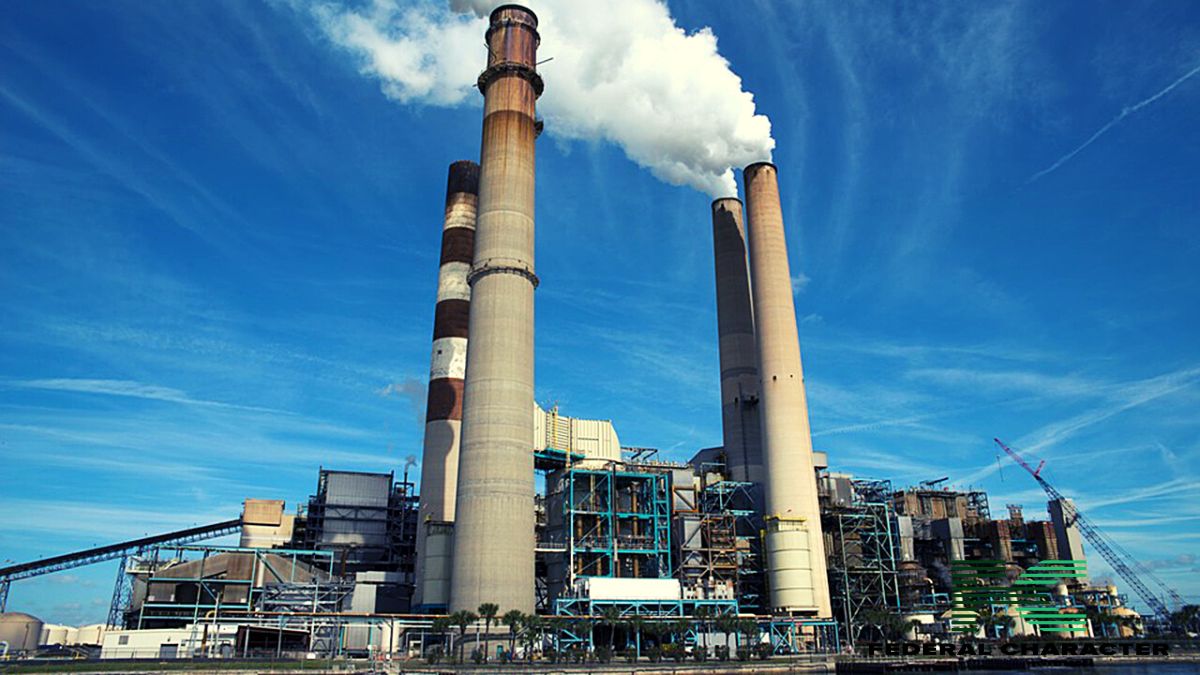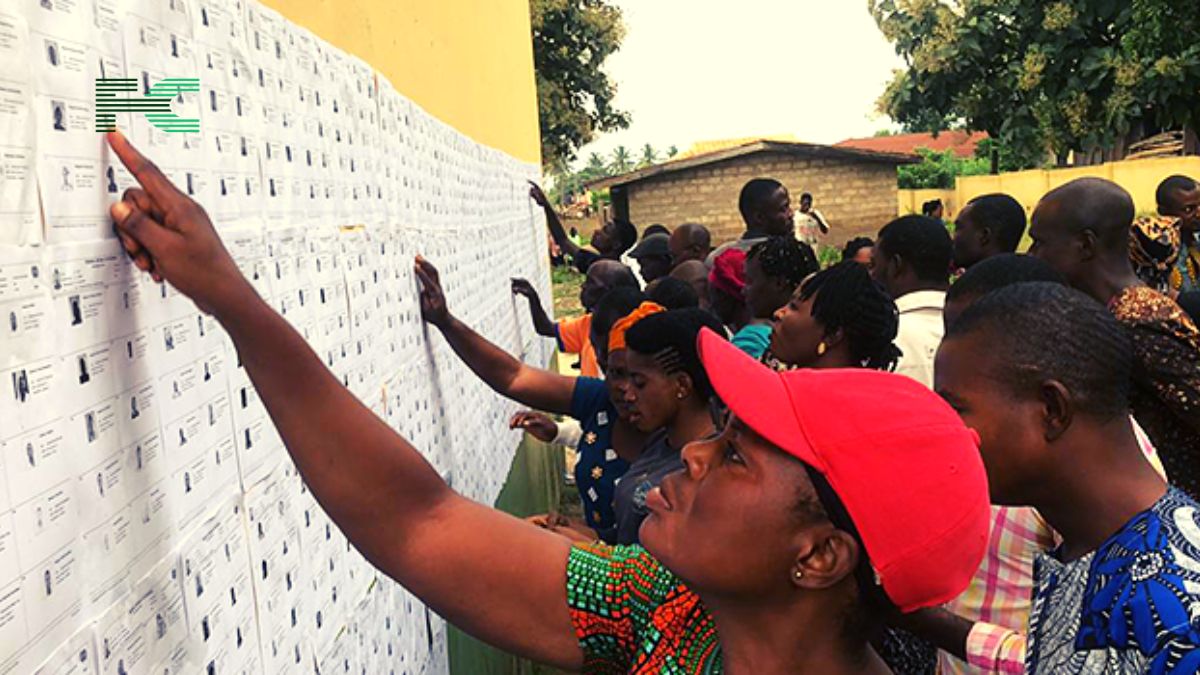Nigeria took a momentous step towards addressing its persistent power supply challenges with the commencement of construction on Friday for a groundbreaking gas-fired power plant near the capital, Abuja. This ambitious initiative is the first major project undertaken by President Bola Tinubu, who has committed to improving the nation’s erratic electricity situation and stimulating sluggish economic growth.
As Africa’s largest economy, Nigeria faces frequent power cuts, affecting every city, due to insufficient generation capacity and an unreliable grid system. The Gwagwalada Independent Power Plant, designed to operate on Nigerian gas, aims to supply approximately 11% of the country’s energy needs. This essential facility will be built in three phases and is being spearheaded by the state oil firm NNPC.
Notably, Nigeria boasts one of the world’s largest gas reserves, making the establishment of the power plant a significant milestone towards harnessing and monetizing this abundant resource. The project is a collaboration between China Mechanical Engineering Corp., GE Vernova, and NNPC, with the first phase scheduled for completion in 2024.
During the groundbreaking ceremony, President Tinubu hailed the power plant as a “first bold step” towards building a robust energy sector to drive Nigeria’s economy. His administration is committed to increasing power generation, stabilizing the grid, and resolving distribution bottlenecks that hinder the reliable supply of electricity to homes and businesses.
At present, despite having an installed power generation capacity of 12,500 megawatts, Nigeria produces only a fraction of that, forcing millions of households and businesses to rely on costly power generators. The removal of a popular but expensive petrol subsidy by President Tinubu contributed to rising fuel prices, affecting many citizens.
This visionary power plant, in conjunction with two others in Kaduna and Kaduna, forms part of the larger power projects planned along Nigeria’s 614-km (384-mile) AKK natural gas pipeline corridor. The collective effort aims to augment the nation’s generation capacity by 3,600 megawatts, bringing much-needed relief to Nigeria’s power supply challenges.
As Africa’s leading energy producer, Nigeria’s progress in enhancing its power infrastructure is indeed something to keep a close eye on. The successful implementation of this project holds the promise of a brighter and more prosperous future for the nation, and it represents a significant leap forward in addressing the energy needs of its burgeoning population.














